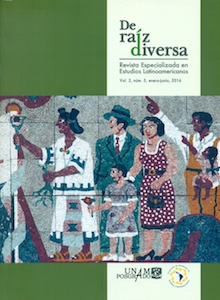Guatemala, the United States and the NGOs: The disarticulation of the state and the role played by foreign assistance
Main Article Content
Abstract
Within the frame of the Cold War, economic and technical assistance was deployed by the United States private and public sectors, as well as by the Bretton Woods Institutions, in order to expand markets and to enhance the alliances between periphery countries and the Western Hemisphere. In Guatemala, this assistance was the corner stone for the reconstruction of the government after Arbenz overthrowing (1954), undermining the results of the reforms carried out by the “revolution governments”. After the Peace Accords (1996), in the neoliberal atmosphere spread along Latin America, foreign assistance played a main role in the reconstruction of Guatemalan institutions. Many of the needs which should be solved by the state are rather covered by foreign assistance provided by governments, NGOS, corporations or private foundations. Meanwhile the state (once more) reinforces its “security” aspects. So ¿which are the interests behind this assistance? ¿there is any relation between the NGOS in Guatemala and the global power net shored by neoliberalism? ¿in which sense the economic assistance is bound to military assistance?
Downloads
Article Details
Citas en Dimensions Service

De Raíz Diversa por Universidad Nacional Autónoma de México se distribuye bajo una Licencia Creative Commons Atribución-NoComercial-SinDerivadas 4.0 Internacional.
